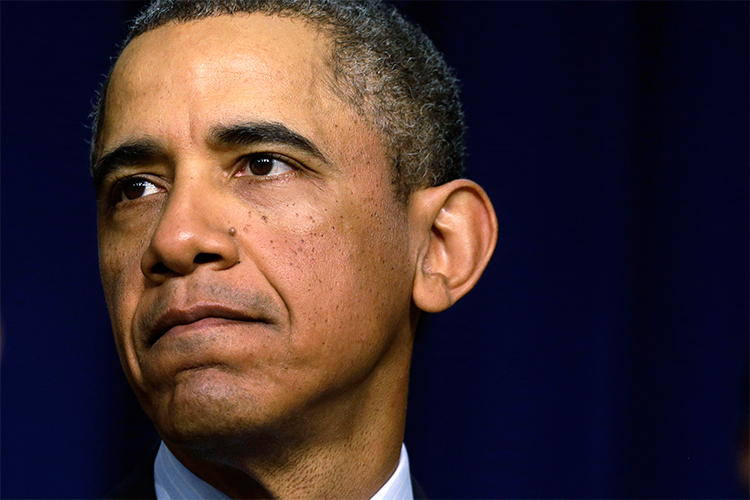Despite President Obama’s reassurance today that there is strict oversight of the government’s data collecting activities, the federal court meant to provide a check against such espionage overreach hasn’t denied a single request in almost four years — and rarely rebuffs intelligence agencies’ desires to conduct electronic or physical surveillance — records reveal.
Defending the National Security Agency’s massive intelligence gathering operation on U.S. soil today, President Obama said the courts are an important “safeguard.”
“If people can’t trust not only the executive branch but also don’t trust Congress and don’t trust federal judges to make sure we’re abiding by the Constitution, then we’re going to have some problems here,” Obama said.
James Clapper, the Director of National Intelligence, added that “all information that is acquired under this program is subject to strict, court-imposed restrictions on review and handling.” Indeed, the secretive Foreign Intelligence Surveillance Court, established in 1978 in response to government abuses uncovered by a congressional report, reviews and approves intelligence gathering requests.
But how “strict” is that oversight?
The court rarely, if ever, denies the government’s requests, according to annual reports issued to senior members of Congress by the Department of Justice and collected by the Federation of American Scientists.
In 2012, the government made 1,789 applications to the court — one was withdrawn by the government and 40 were modified by the court, but “the FISC did not deny any applications in whole or in part,” the report states. In 2011, there were 1,676 applications, of which two were withdrawn and 30 modified, but once again, “The FISC did not deny any applications in whole, or in part.” In 2010, there were 1,511 applications, of which five were withdrawn and 14 modified, but “The FISC did not deny any applications in whole, or in part.”
In 2009, the court denied a single application, modified 14, and approved another 1,320. In 2008, the court denied another application, and made “substantive modifications” to two more, but approved more than 2,000. In 2007, the court denied a whopping three applications. It denied a single one in 2006. It denied zero applications in 2005 and 2004, though it denied four in 2003. It approved all applications in 2002 and 2001.
So, since the start of the War on Terror more than 11 years ago, the court has denied just 10 applications, and modified several dozen, while approving more than 15,000. “It is a kangaroo court with a rubber stamp,” Russell Tice, a former National Security Agency analyst, told The Guardian.
Meanwhile, the other body meant to provide oversight — Congress — is often briefed in meetings where “aides were barred and note-taking was prohibited.” This maks it almost impossible for lawmakers, who may not be experts on the topics, to provide proper oversight.


